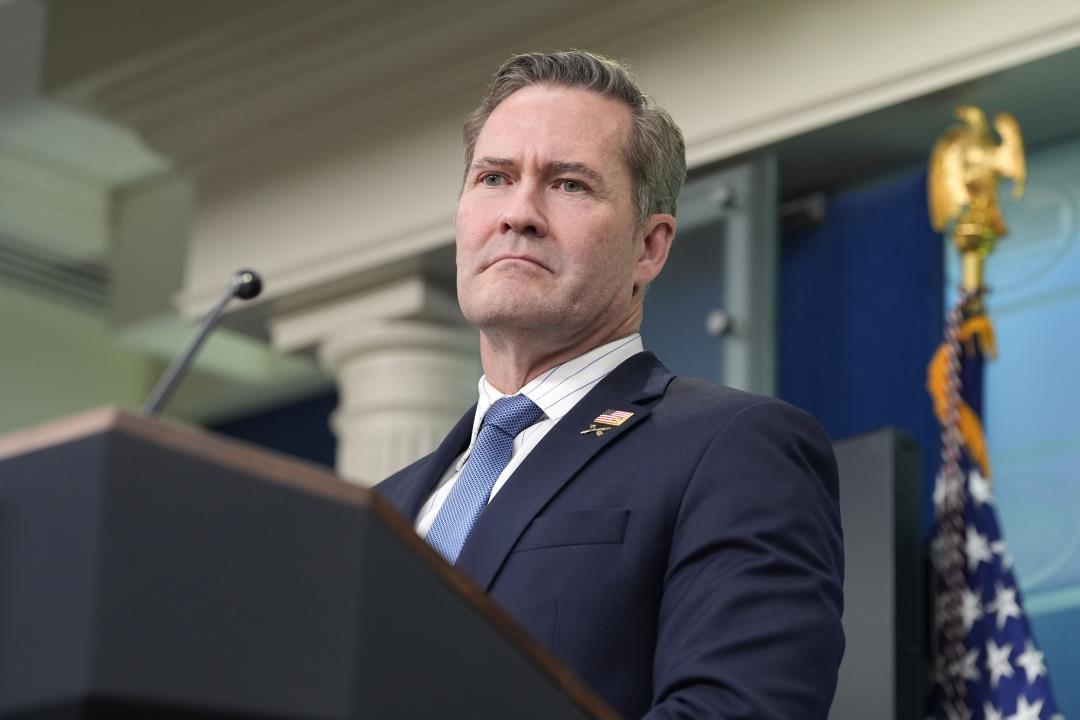USAID Under Scrutiny: A Tale of Reforms and Controversy
Explore the unfolding events surrounding the Trump administration's plan to reorganize USAID, an agency instrumental in foreign aid, amidst legal battles and political divides.
Published March 30, 2025 - 00:03am

Image recovered from redstate.com
The United States Agency for International Development (USAID), a cornerstone of American foreign aid, has become the center of significant political and judicial drama. The Trump administration's bold attempt to restructure the agency has led to a complex legal battle involving constitutional questions and national interest debates that have drawn attention both domestically and internationally.
In a recent development, the Trump administration secured a temporary victory with a decision from the Fourth Circuit Court of Appeals. The court issued an administrative stay on a Maryland District Judge's injunction that sought to halt the administration's efforts to dismantle and reorganize USAID. U.S. District Judge Theodore Chuang had previously ruled that the administration's moves might be unconstitutional and ordered that USAID's functions be reinstated immediately. His ruling addressed multiple concerns, including the shutdown of USAID's headquarters without due process and the removal of agency-wide email and computer access, adding layers to the injunction's complexity.
This legal tussle highlights not only the push-and-pull dynamics of federal judicial oversight over executive actions but also raises questions about the future of America's foreign aid strategy. The reorganization plan signed by Secretary of State Marco Rubio aims to align USAID more closely with the administration's national priorities. It suggests that certain functions will be transferred to the State Department by July 2025, while others will be phased out. Rubio has argued this adjustment would better serve American interests and protect national borders while promoting partnerships with key allies.
The administrative and operational changes mark a significant shift from USAID's original mission, which has long focused on humanitarian assistance and international development. The restructuring implies a broader strategy where aid must directly reflect U.S. domestic priorities. Rubio and Trump have criticized USAID's previous expenditures, claiming they were inefficient and did not yield returns beneficial to American taxpayers.
Moreover, the broader implications of this reorganization have stirred both support and apprehension among international quarters. In countries like Ukraine, for instance, the cessation of USAID funding threatened various initiatives, including a critical $75 million energy support grant. These changes also affect other global programs, including those in the health sector, which have relied heavily on USAID support.
In El Salvador, USAID's support to media outlets that critique the government adds a layer of political nuance, reinforcing concerns that the agency has occasionally engaged in activities perceived as interfering with internal politics. Such interventions, the administration argues, deviated from the agency's core humanitarian mission and aggravated operational inefficiencies.
The execution of these plans, however, has not been without controversy. Federal court rulings pose significant legal hurdles, highlighting judicial checks on executive authority and challenging the constitutional limits of administrative restructuring. Judge Chuang's order, for instance, directly challenges the administration's approach to bypassing constituted procedures and stresses the importance of organizational due process.
As USAID employees and international partners await clarity on the agency's restructuring, debates continue to unfold on the balance between sovereignty in foreign policy decision-making and humanitarian obligations. For the Trump administration, executing this reform signifies a commitment to fiscal responsibility and alignment of foreign aid with strategic interests, though it remains under judicial review.
This complex narrative underscores how USAID's reorganization is emblematic of broader ideological divisions regarding U.S. foreign policy and global engagement strategies. As the legal processes proceed and policy implications unfold, the restructuring of USAID remains a critical topic, reflecting shaping forces in contemporary international relations and governance.







